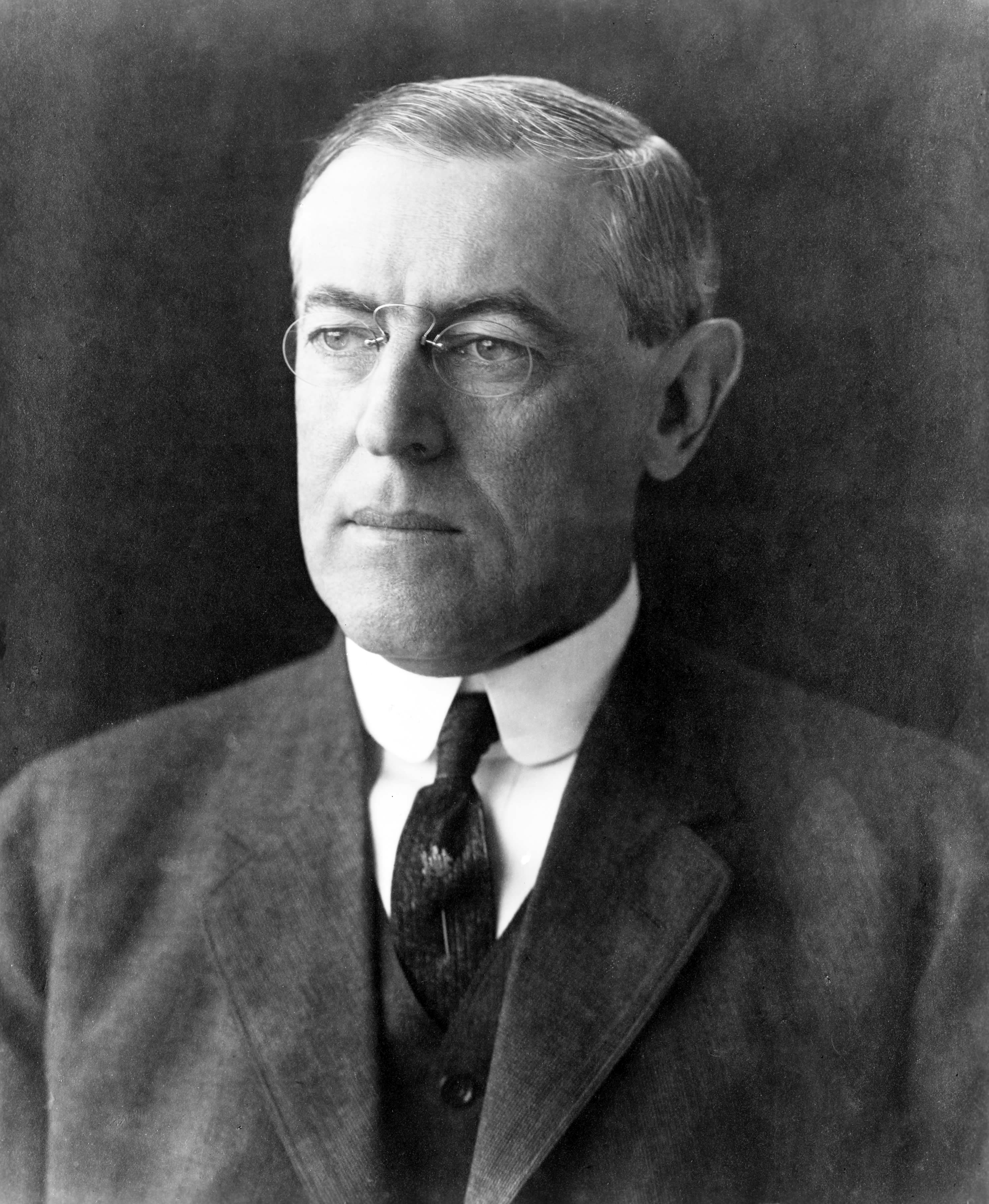
President Wilson was hoping for world peace with the creation of his Fourteen Points. He believed that peace with Russia was possible in a short amount of time, and that the Great War was fought for a moral and justified cause. Wilson's points were: open and public treaties without private dealings, freedom of the seas, removal of economic barriers and establishment of equal trade, reduction of armaments, impartial adjustment of colonial claims, an evacuation and help for Russia, sovereignty for Belgium, a correction of the wrong-doings of the Prussians to France in Alsace-Lorraine, the readjustment of Italian borders, free opportunity for development of Austria-Hungary, evacuation of Rumania, Serbia, and Montenegro, free passage and sovereignty for the Turkish Romanians in Dardanelles, creation of a sovereign Polish state, and an association of nations geared towards world peace and protection. This last point, which created the League of Nations, was thought to be the most important by Wilson because he compromised all of his other points for it's creation. These Fourteen Points were an attempt to settle the "War to End All Wars" and to prevent further conflicts, although this proved to be impossible.
